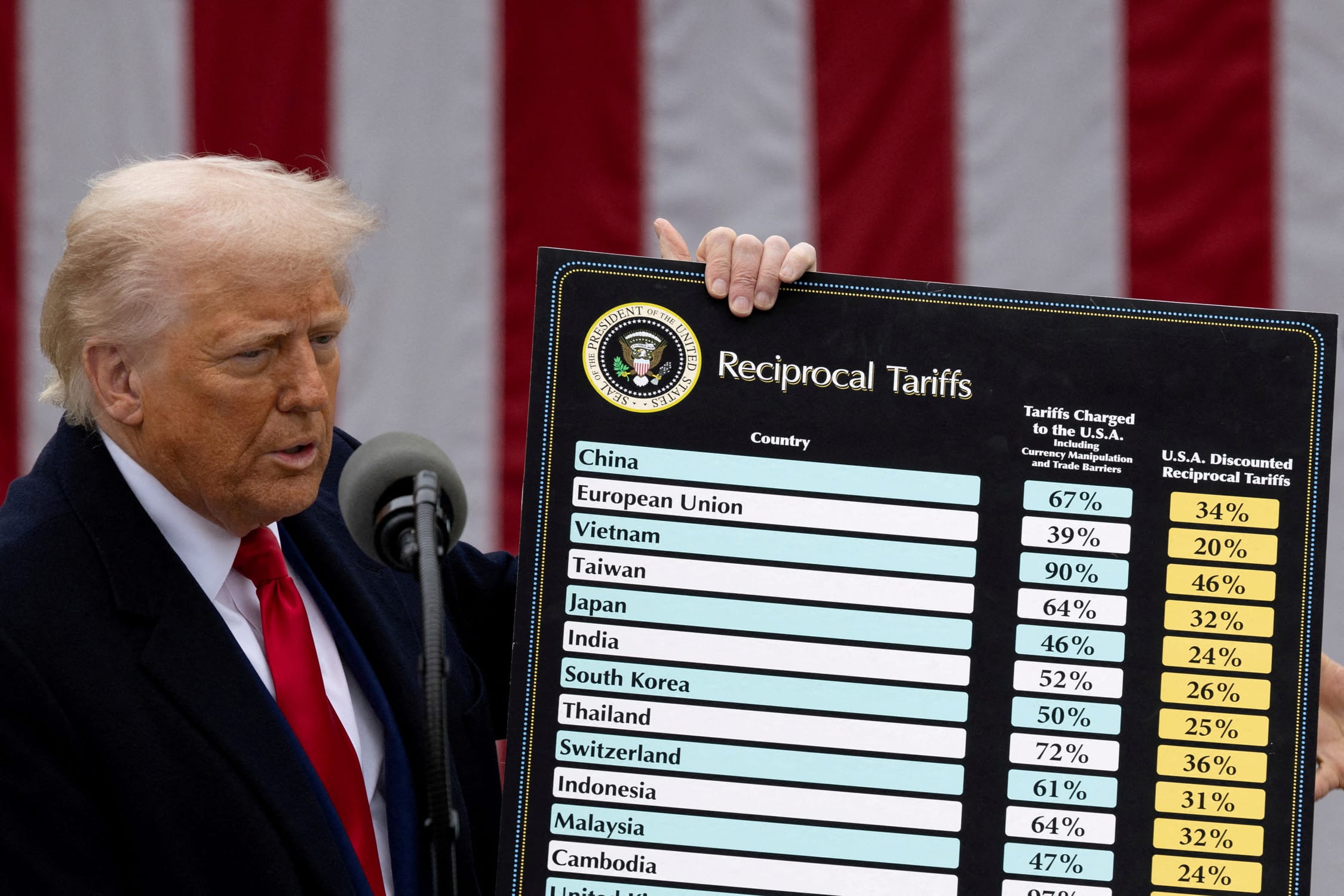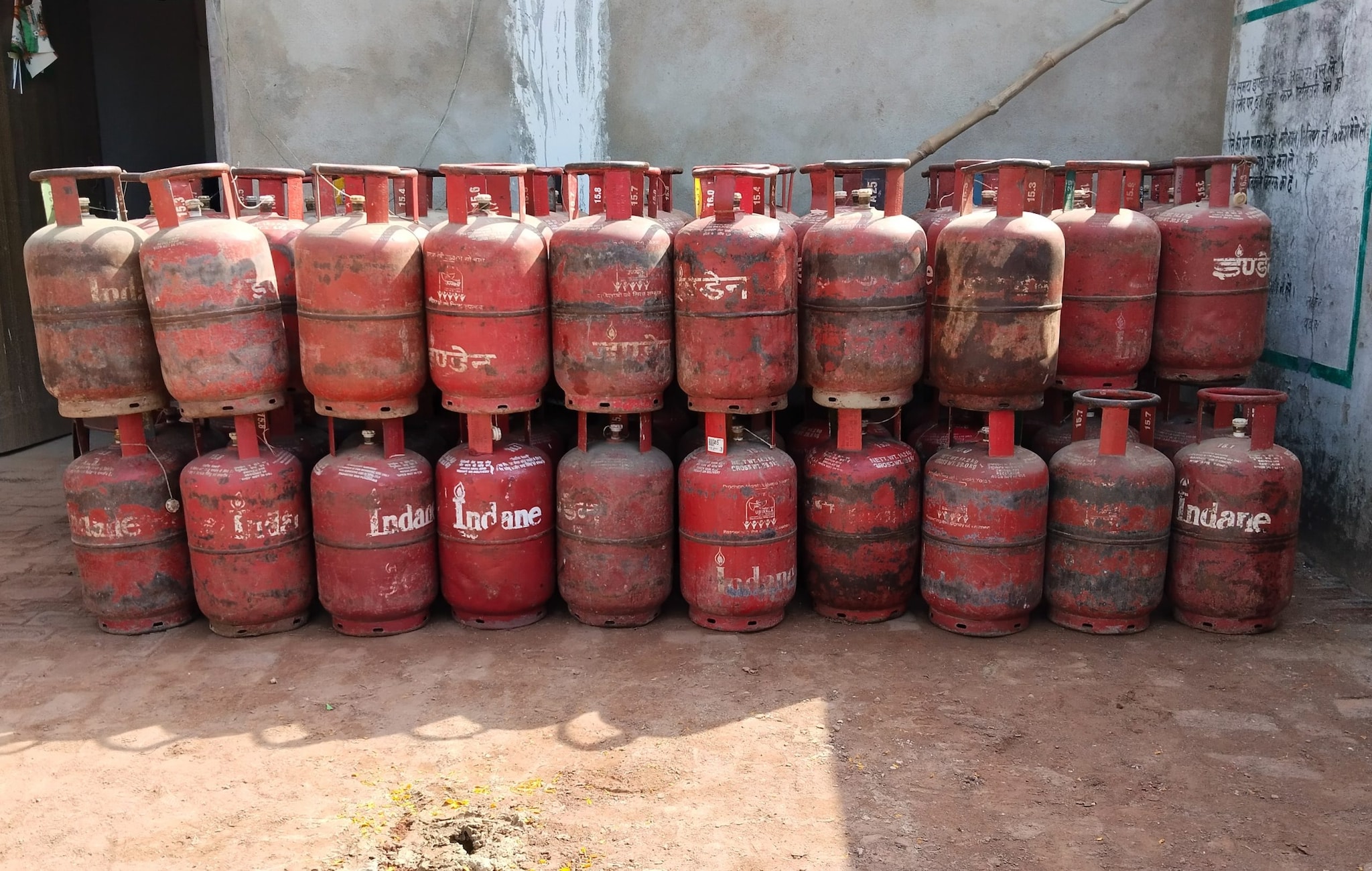US President Donald Trump showing a table of his administration’s controversial set of new tariffs in this photo taken at the White House on April 2. Then he hit the pause button on most of these tariffs for 90 days, opening the door for negotiations. —REUTERS TOKYO, Japan — Asia’s major exporters Vietnam, Japan and Taiwan are among the first economies to open negotiations with Washington over US President Donald Trump’s sweeping tariffs, taking advantage of a 90-day reprieve from the global trade war.
Notably absent from those trying to reach a compromise with Washington is China, which faces levies of up to 145 percent on many products and was not included in the tariff pause. READ: The week that Trump pushed the global economy to the brink with tariffs — and then pulled back Here’s what to know about how Asian economies are coping with Trump’s trade war: Vietnam rushed to open negotiations even before Trump said on April 9 he would put tariffs on hold. Deputy Prime Minister Ho Duc Phoc had already been in Washington for several days before the start of the pause, meeting US Trade Representative Jamieson Greer.

Hanoi, threatened with additional import duties of 46 percent, said it wanted to buy more US products, including defense equipment. The Southeast Asian manufacturing powerhouse has the fourth-largest trade surplus with the United States, coming in at $123.5 billion in 2024.
To reach a compromise, Hanoi may have to overcome Washington’s suspicion that Vietnam is helping China circumvent US tariffs. Japanese negotiator Ryosei Akazawa met Trump, Greer and US Treasury Secretary Scott Bessent in Washington on Wednesday without making any immediate progress. READ: Japan fails to win immediate tariff relief in US talks A second meeting is scheduled for the end of April.
“The discussions ahead will not be easy, but the US president has expressed his willingness to give the highest priority to negotiations with Japan,” Prime Minister Shigeru Ishiba has said, adding that he was ready to meet Trump himself. A close ally of Washington and the leading source of foreign investment in the United States, Japan faces an additional 24 percent tariff on its exports as well as an existing 25 percent automobile tax. Automobiles accounted for around 28 percent of Japanese exports to the United States last year.
Taiwan said it held an initial video conference with US officials on April 11. President Lai Ching-te said the island, which hopes to protect its exporters from tariffs of up to 35 percent, was “on the US government’s first negotiation list”. Washington is the main guarantor of Taiwan’s security in the face of China, which claims the island democracy as its own.
Trump has not hesitated to link Washington’s security relations with Taipei to the trade issue. Around 60 percent of Taiwan’s exports to the United States are tech products such as semiconductors, which have been spared tariffs up till now. Under pressure, top Taiwanese chip maker TSMC has unveiled plans to invest a further $100 billion in the United States.
“We will strive for a fair and competitive tariff for our industry,” Taiwan’s Economy Minister Kuo Jyh-huei said this week. Seoul has announced billions in dollars of aid for its semiconductor and automobile companies as a buffer against Trump’s tariffs. However, South Korea is also counting on talks, with Finance Minister Choi Sang-mok meeting Bessent next week.
Kim Dae-jong, an economics expert at South Korea’s Sejong University, said Seoul would need to “expand trade centred on the US and reduce our reliance on exports to China to less than half of current levels” in order to appease Trump. Indonesia’s Economy Minister Airlangga Hartarto is leading a week-long trade delegation to the United States that started on Wednesday. Jakarta, which is threatened with 32 percent duties, plans to boost purchases of US products such as hydrocarbons in order to reduce its $17.
9 billion surplus with Washington. Thailand’s Finance Minister Pichai Chunhavajira is travelling to Washington from Thursday, with Bangkok poised to commit to buying more US agricultural and energy products. Bangkok has “strong offers” that Chunhavajira will raise during negotiations on April 23, Thai Prime Minister Paetongtarn Shinawatra said on Thursday.
Gan Kim Yong, Singapore’s deputy prime minister, said he spoke with Greer, the US trade representative, on April 15 to explain the city-state’s “unique status as a small open economy”. “We just have to explain this and continue to explain this, and hopefully the US will better understand our situation,” Gan said. “We do have a trade deficit with the US.
” In Australia, Prime Minister Anthony Albanese said Canberra had made a proposal to the United States. Subscribe to our daily newsletter By providing an email address. I agree to the Terms of Use and acknowledge that I have read the Privacy Policy .
“We’ll engage diplomatically,” he said in a televised election debate on Wednesday, vowing to defend Australia’s national interests in the face of the 10 percent tariff it faces..
Business

Asia’s big exporters open tariff negotiations with US

TOKYO, Japan — Asia’s major exporters Vietnam, Japan and Taiwan are among the first economies to open negotiations with Washington over US President Donald Trump’s sweeping tariffs, taking advantage of a 90-day reprieve from the global trade war. Notably absent from those trying to reach a compromise with Washington is China, which faces levies of














